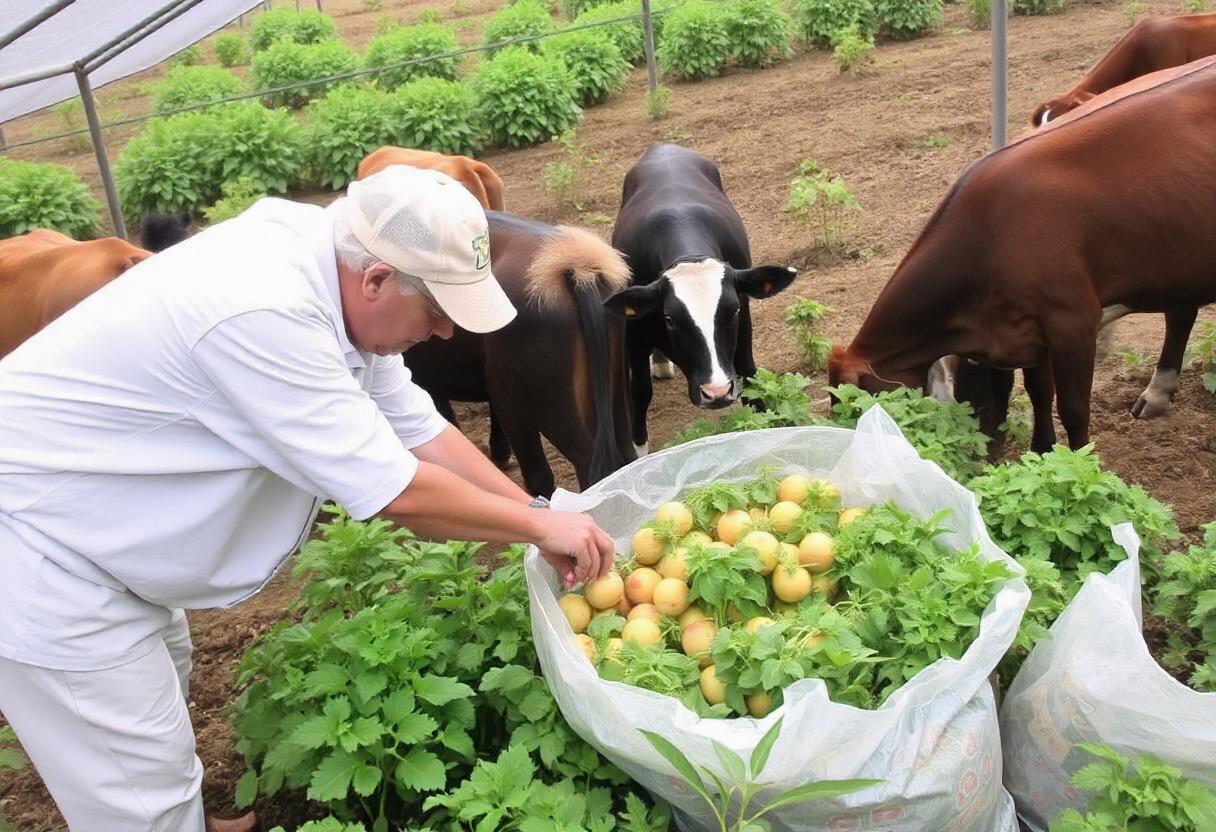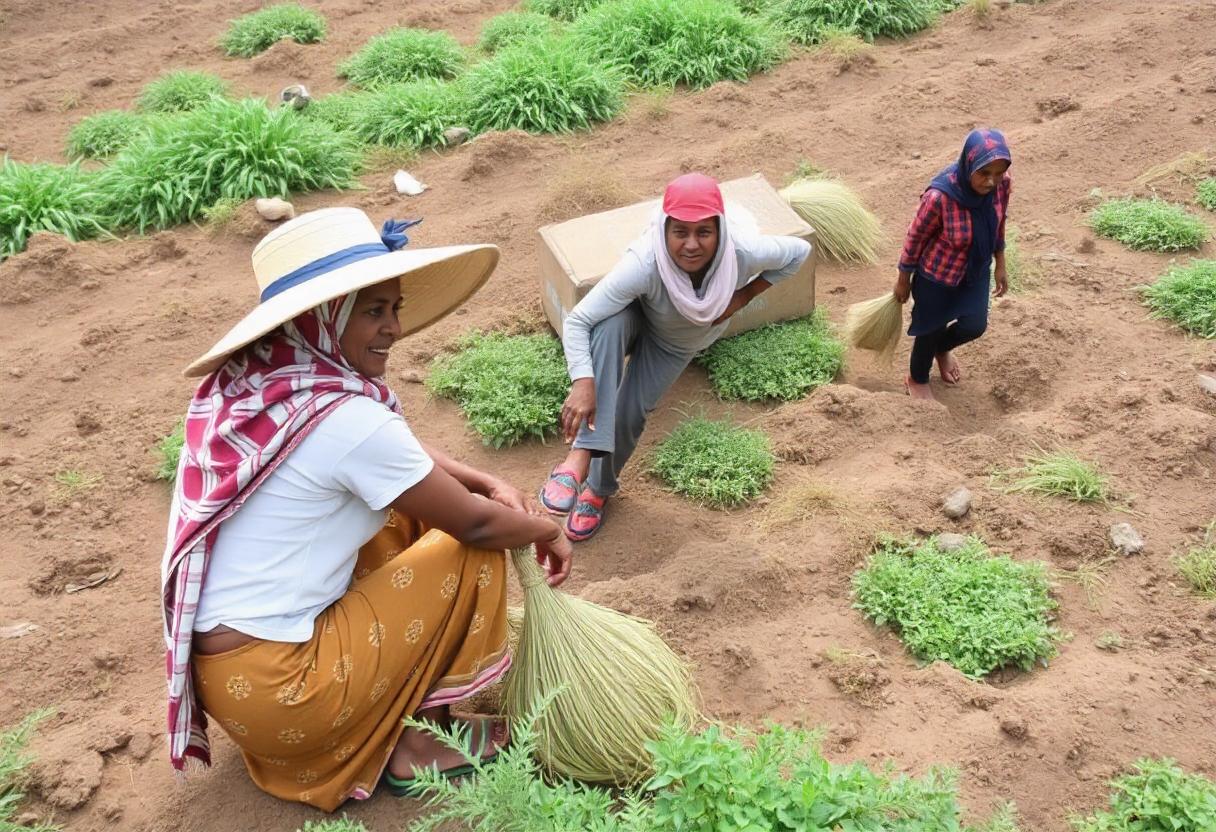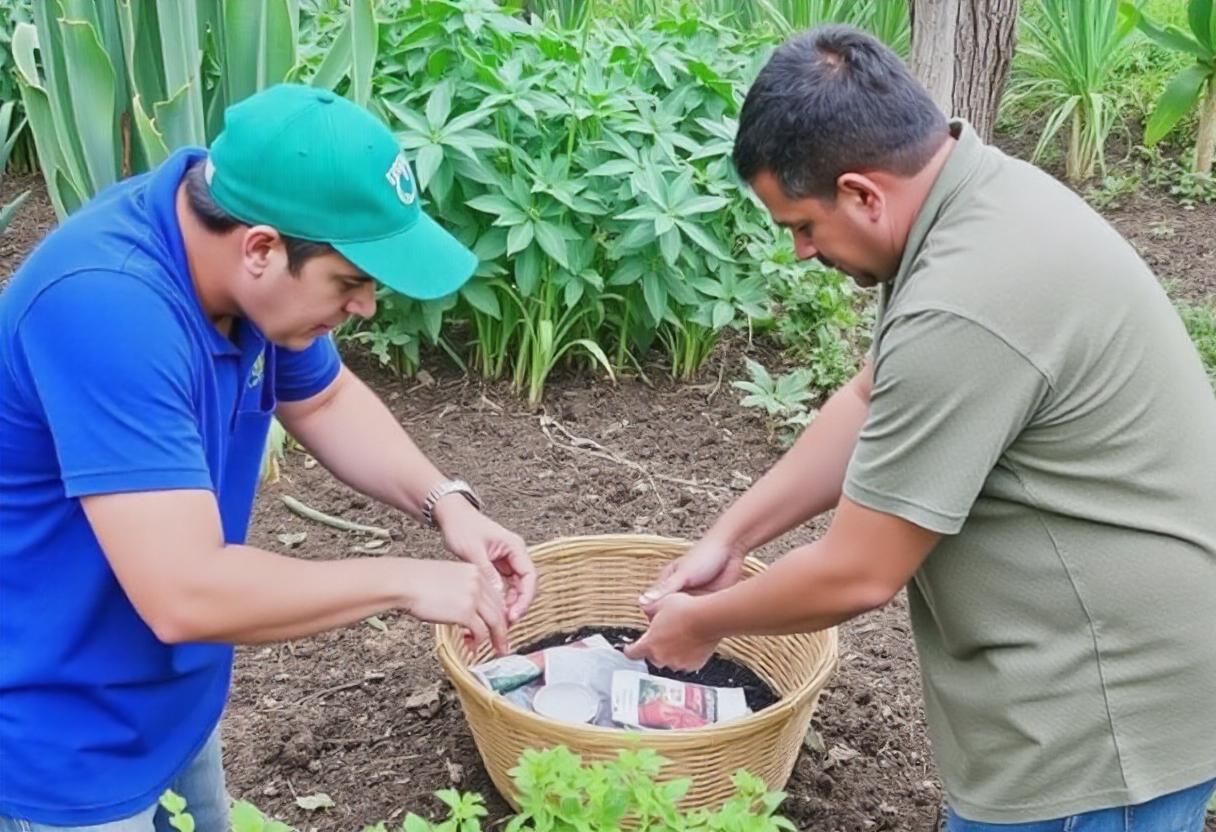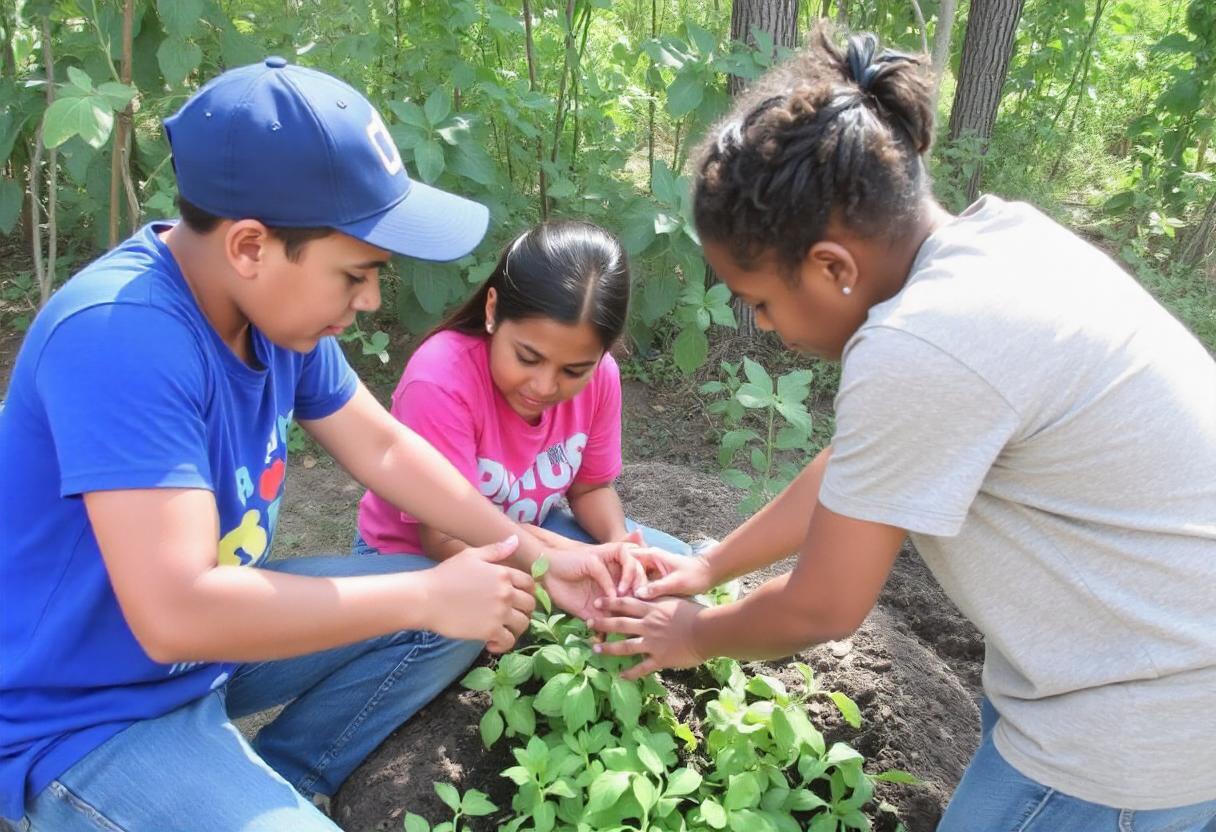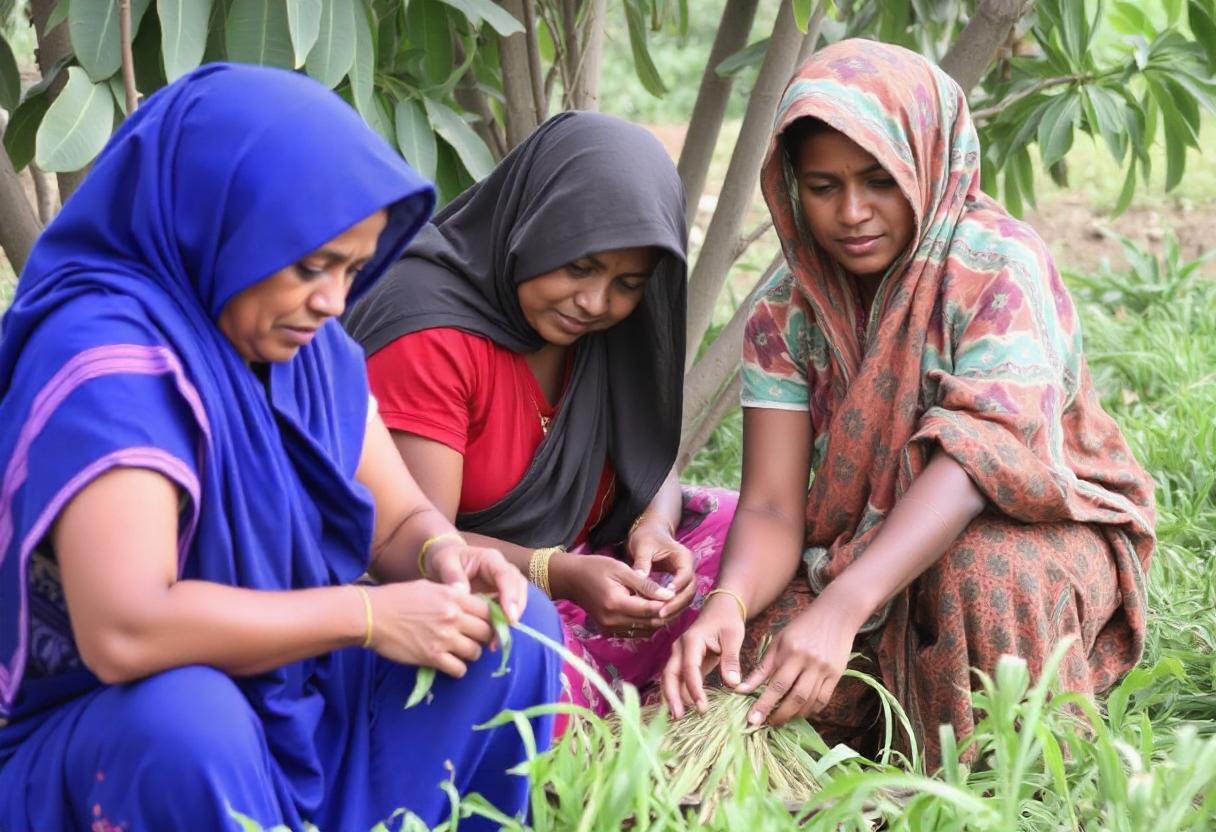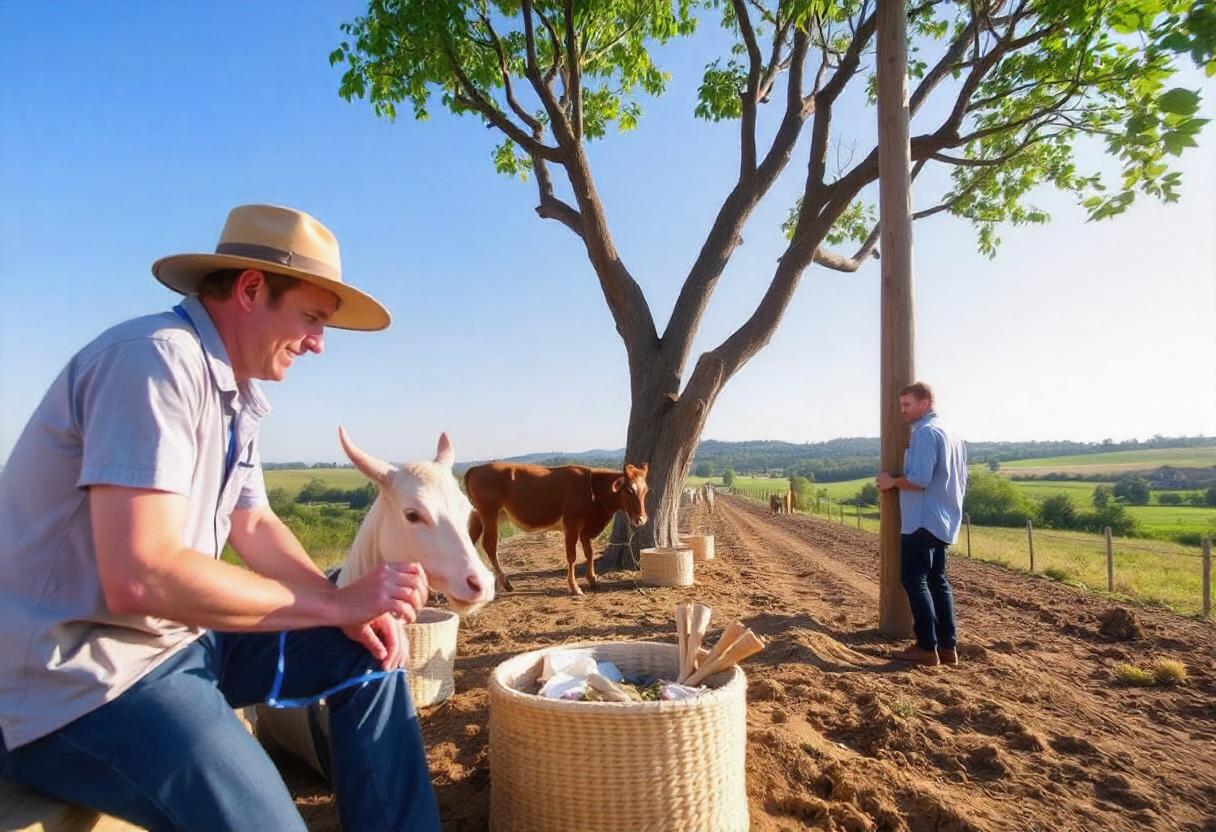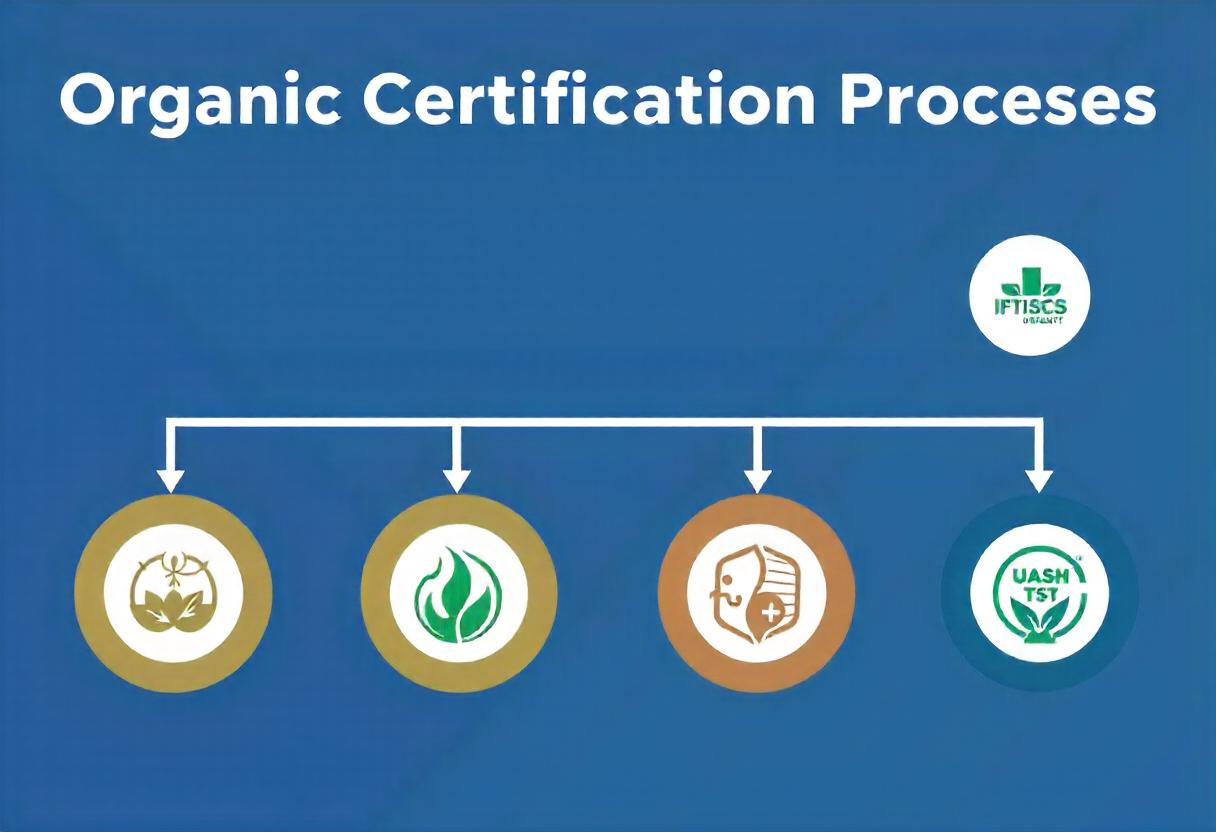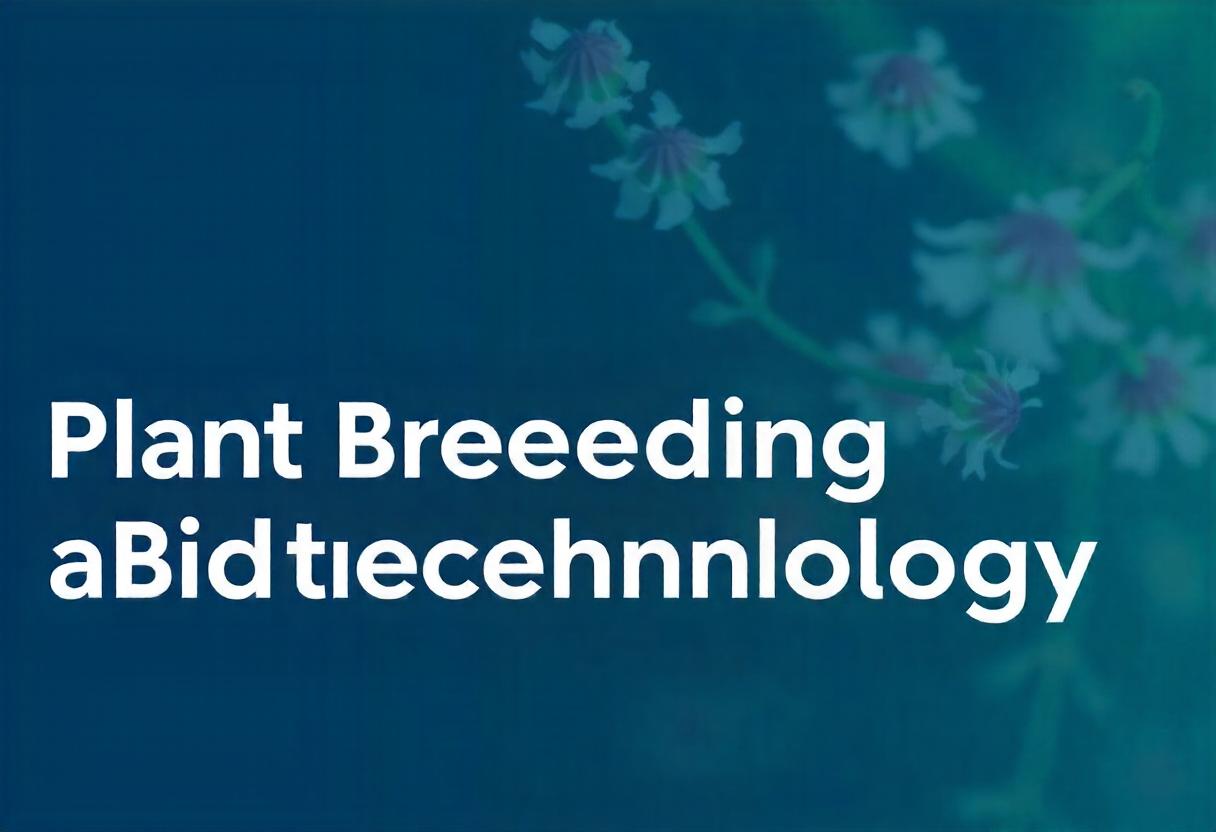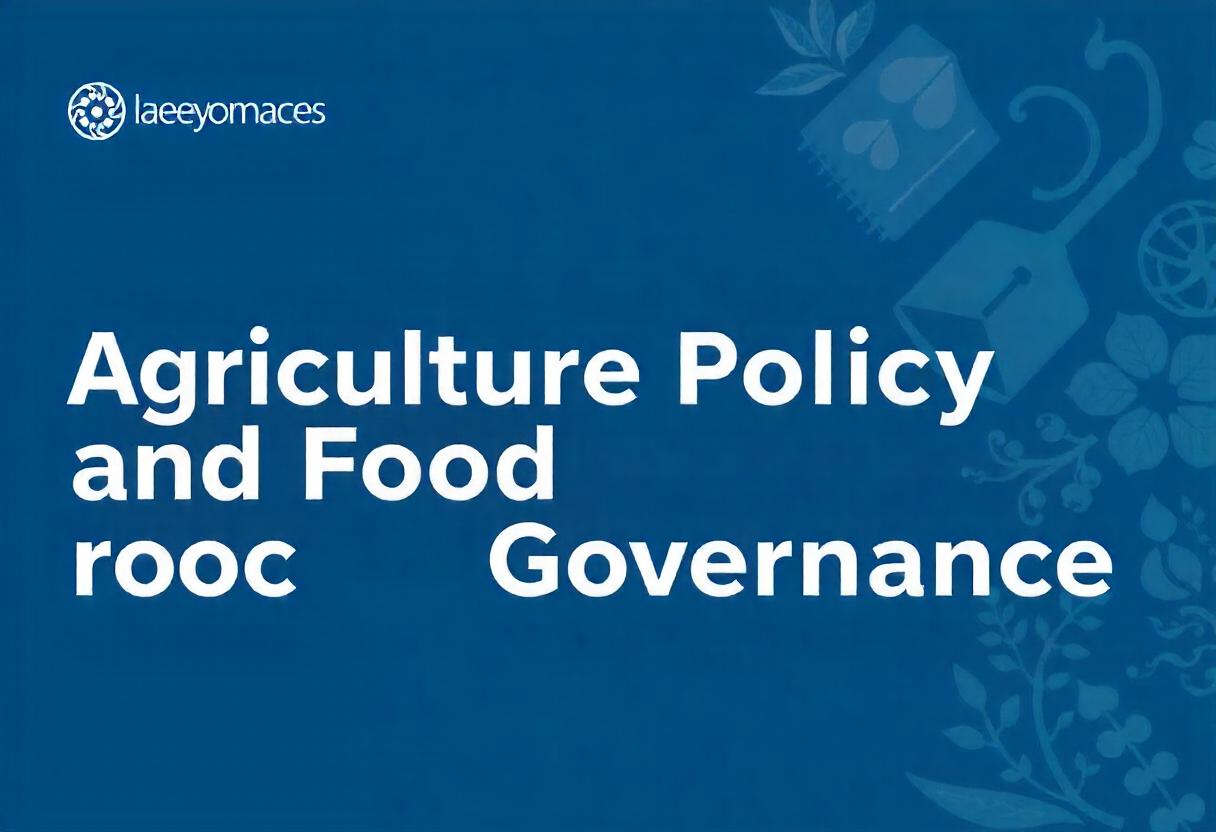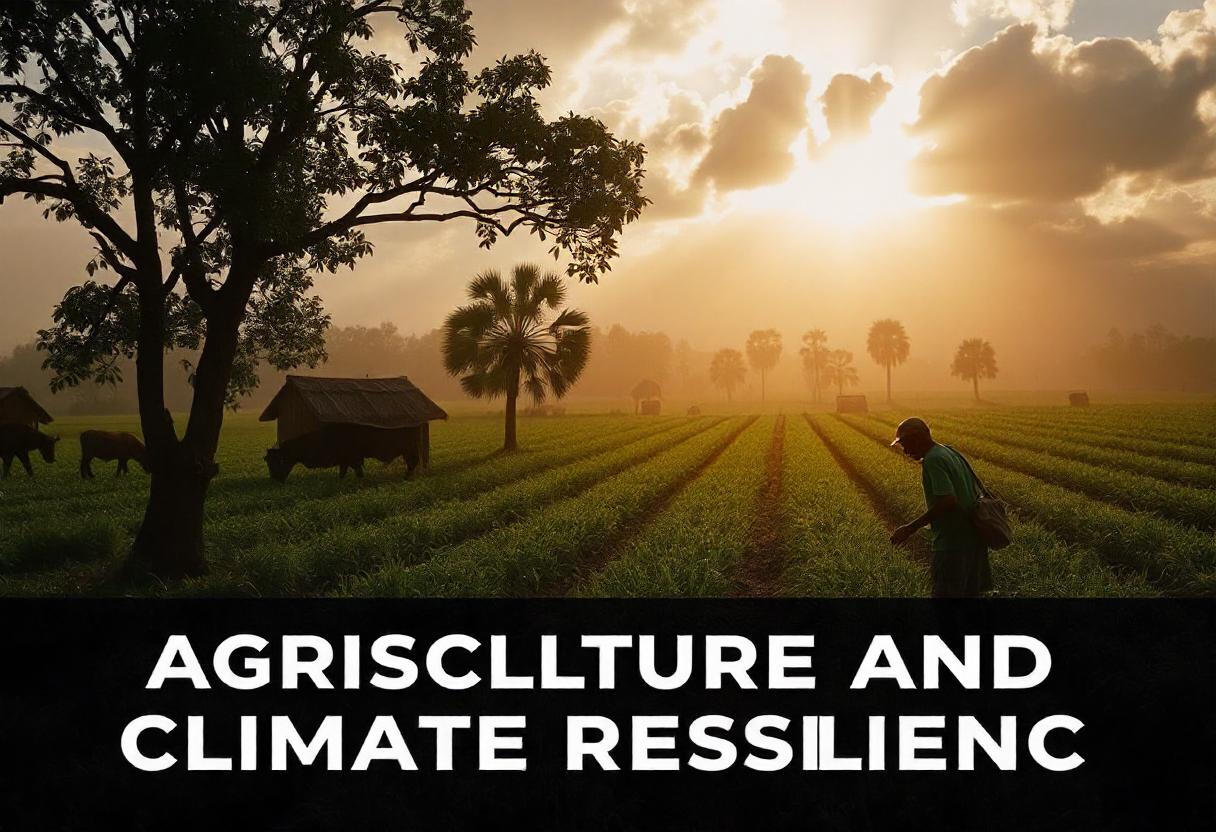Introduction To Biosecurity In Agriculture
Biosecurity in agriculture refers to the practices and measures taken to protect crops and livestock from pests, diseases, and other biological threats. It involves a comprehensive approach to prevent the introduction, establishment, and spread of harmful organisms that could damage agricultural productivity and the environment. This
Learn MoreImpact Of Migration On Farming Communities
Introduction Migration, both internal and international, has long been a significant factor affecting farming communities worldwide. While migration can offer opportunities for improved livelihoods and development, it also poses challenges, especially to rural and agricultural regions where farming is the primary occupation. The impact of migration
Learn MoreIntroduction To Agriculture Education And Training
Agriculture education and training play a crucial role in equipping individuals with the knowledge and skills necessary to contribute to the agricultural sector. From traditional farming techniques to modern agricultural practices, education provides the foundation for sustainable farming and food security. This sector is continually evolving,
Learn MoreYouth Engagement In Agriculture: Unlocking The Potential
Agriculture remains the backbone of many economies, especially in developing countries. However, youth participation in this sector is alarmingly low. Encouraging young people to engage in agriculture is crucial for ensuring food security, economic growth, and innovation in farming practices. The Current State of Youth in
Learn MoreWomen In Agriculture
Introduction Women play a vital role in agriculture globally, contributing significantly to food production, household food security, and rural development. Despite their contributions, they often face barriers that limit their productivity and access to resources. Exploring the role of women in agriculture reveals both their immense
Learn MoreIntroduction To Agri-Tourism
Agri-tourism is a form of niche tourism that revolves around agricultural activities. It offers visitors a chance to experience life on a farm, engage in agricultural processes, and learn more about rural lifestyles. This type of tourism not only helps farmers generate additional income but also
Learn MoreIntroduction To Organic Certification
Organic certification is a process by which producers of organic products ensure that their production methods meet specific standards required for organic farming. These standards aim to promote sustainability, biodiversity, and the use of natural processes over synthetic chemicals. Organic certification guarantees consumers that the products
Learn MoreIntroduction To Plant Breeding And Biotechnology
Plant breeding and biotechnology are essential fields in modern agriculture, contributing significantly to crop improvement, food security, and environmental sustainability. By harnessing scientific techniques and genetic knowledge, plant breeders and biotechnologists develop crop varieties with improved yields, resistance to diseases, and adaptability to changing environmental conditions.
Learn MoreAgriculture Policy And Food Governance
Introduction Agriculture policy and food governance play a vital role in ensuring food security, improving rural livelihoods, and promoting sustainable agricultural practices. These policies and governance frameworks encompass various elements, including food production, distribution, trade, and consumption, all of which contribute to the broader goals of
Learn MoreAgriculture And Climate Resilience
Understanding Climate Resilience in Agriculture Climate resilience in agriculture refers to the ability of agricultural systems to anticipate, prepare for, and respond to climate-related changes and stresses. This involves adapting farming practices to withstand extreme weather events, shifting climatic patterns, and long-term environmental changes. The Impact
Learn More